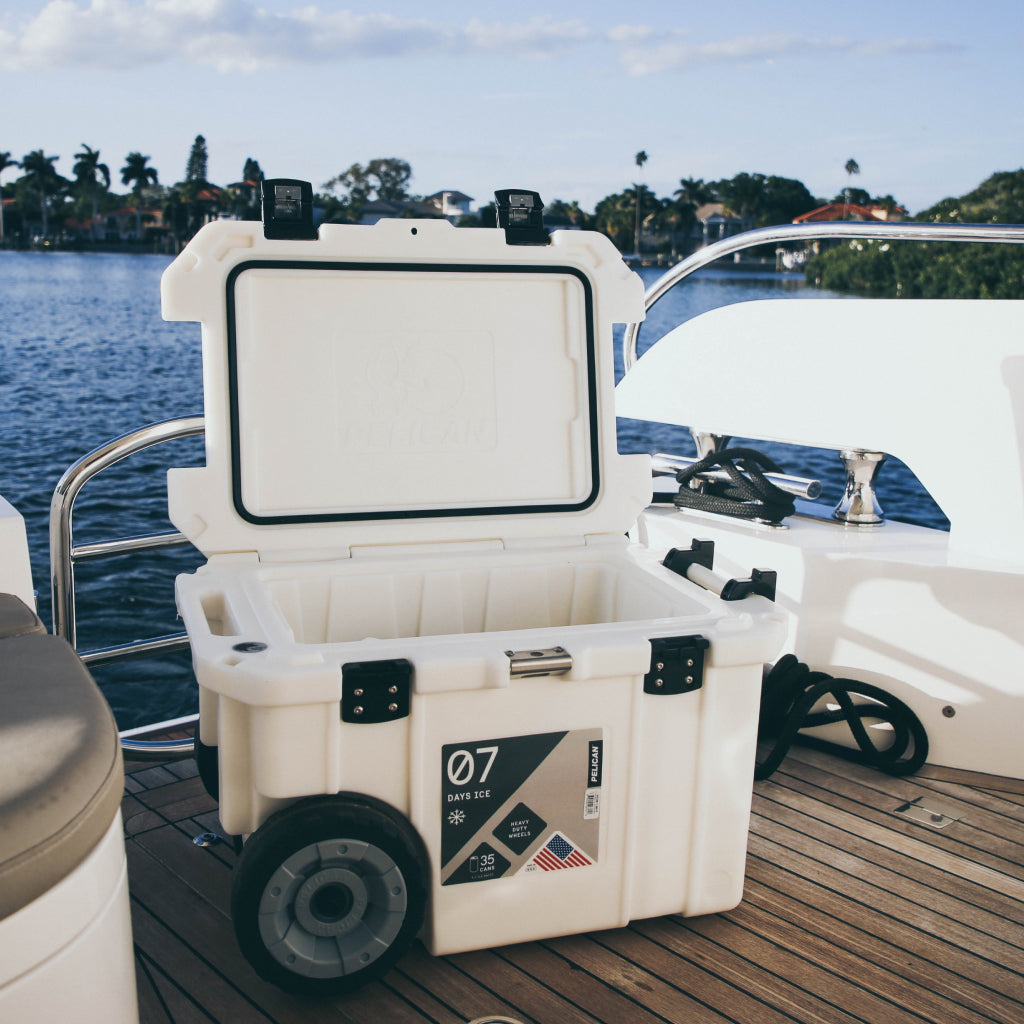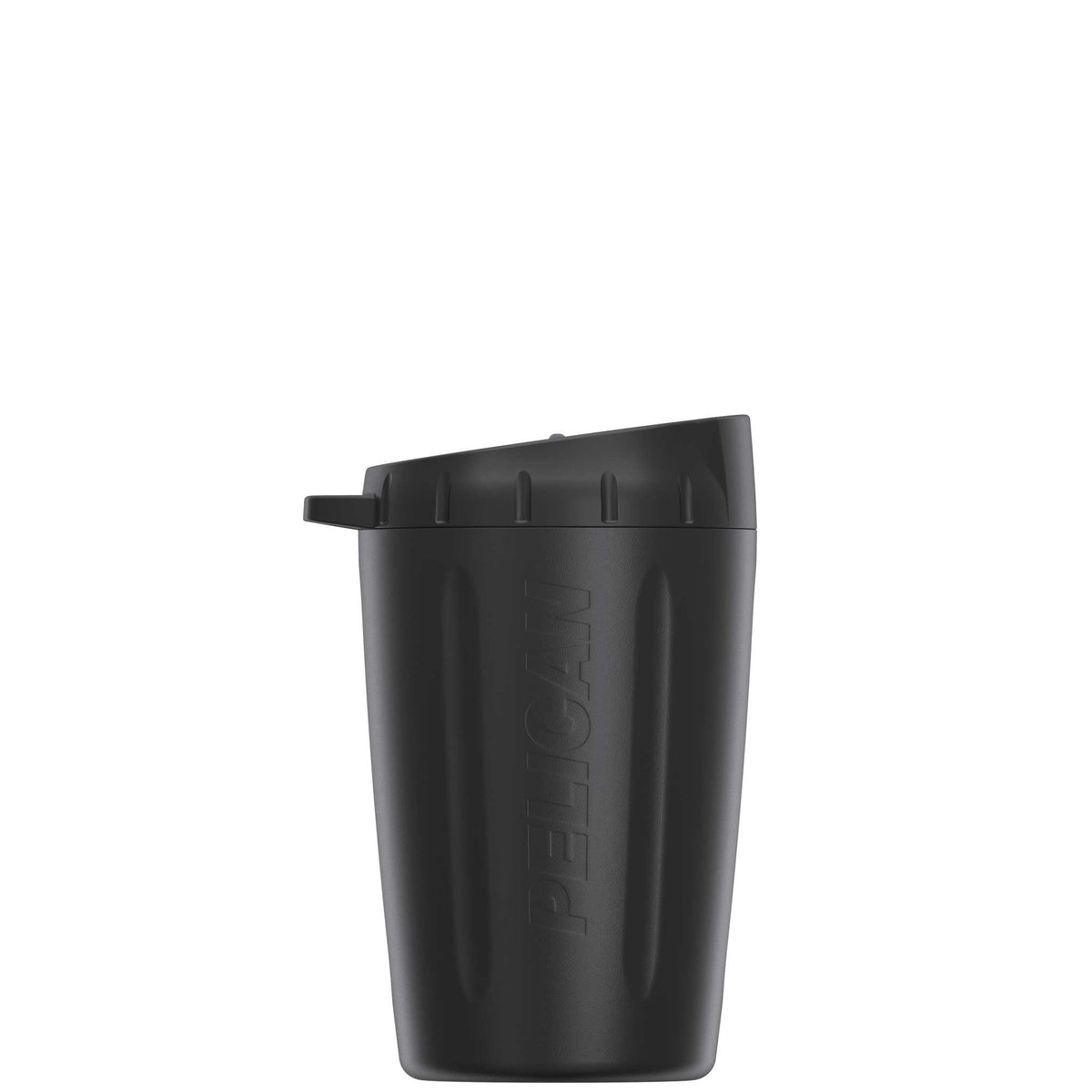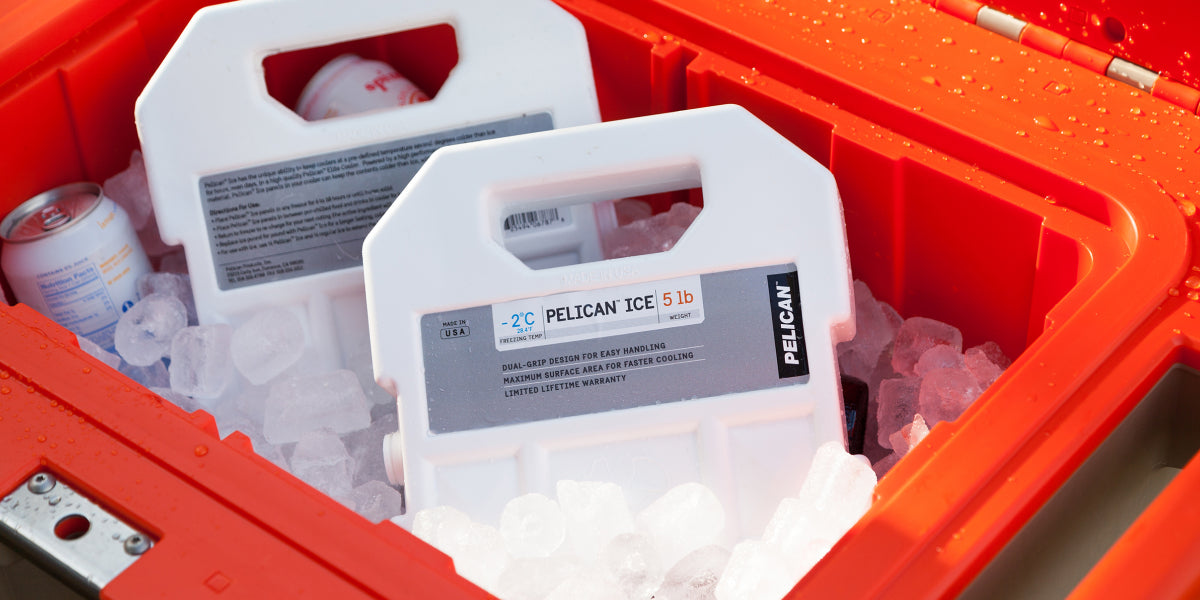Have you ever wondered why adding salt to ice makes it last longer? Well, it's all about the science behind it. In this article, we'll dive into the details and explain exactly how salt affects the freezing point of ice, and how you can use this knowledge to keep your ice colder for longer.
Understanding the Freezing Point of Water
Water freezes at 32°F (0°C), but adding salt to the mix can lower this freezing point. This is because salt disrupts the formation of ice crystals, causing the water to remain in a liquid state even at temperatures below freezing. The lower the freezing point, the slower the ice will melt.
How Salt Affects the Freezing Point of Ice
When salt is added to water, it dissolves and creates a brine solution. This brine solution has a lower freezing point than pure water, meaning that it will remain in a liquid state at colder temperatures. As a result, the ice in contact with the salt solution will melt slower than the ice without it.
Practical Applications of Salt and Ice
So how can you use this knowledge to make your ice last longer? One way is to simply add salt to the water before freezing it. The salt will lower the freezing point, causing the ice to melt slower and keeping your drinks colder for longer. You can also use salt to melt ice that has already formed. Simply sprinkle salt on top of the ice and watch as it melts. The salt will disrupt the ice crystals and cause them to melt faster.
Conclusion
In conclusion, the science behind salt and ice is fascinating, and the practical applications of this knowledge can come in handy when trying to keep your drinks cold on a hot summer day. By understanding the way salt affects the freezing point of water, you can use it to your advantage and enjoy ice-cold drinks for longer.




